If there is a state, then there is domination, and in turn, there is slavery
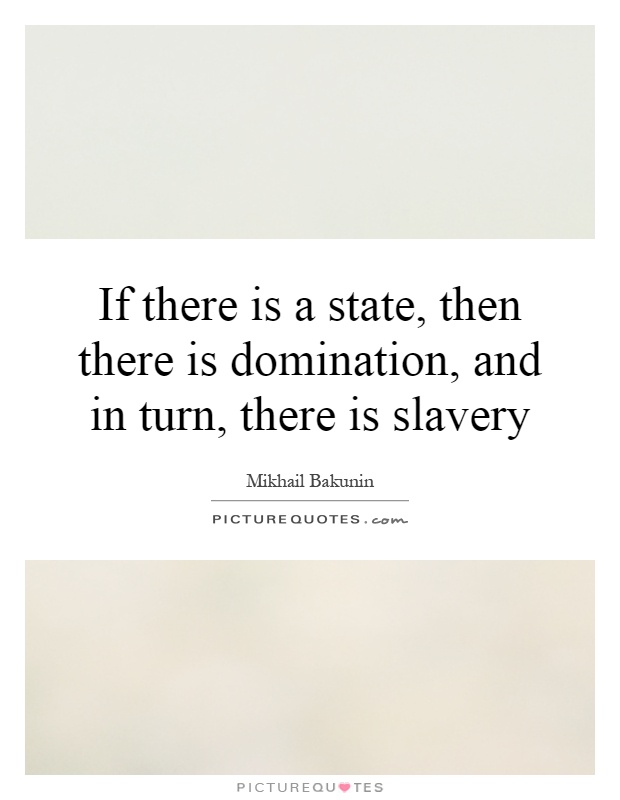
If there is a state, then there is domination, and in turn, there is slavery
Mikhail Bakunin, a Russian revolutionary and anarchist thinker, was a staunch critic of the state and its inherent tendency towards domination and slavery. Bakunin believed that the state, by its very nature, seeks to consolidate power and control over individuals, leading to the subjugation and exploitation of the masses.For Bakunin, the state was not simply a neutral entity that existed to maintain order and protect the common good. Instead, he saw the state as a tool of the ruling class, used to enforce their will and maintain their privilege at the expense of the majority. In Bakunin's view, the state was inherently oppressive, serving the interests of a small elite while perpetuating inequality and injustice.
According to Bakunin, the existence of a state necessarily implies the existence of domination. The state, with its monopoly on violence and authority, exerts control over individuals and limits their freedom. This domination is not limited to political power, but extends to economic and social spheres as well. The state, through its laws and institutions, enforces a system of hierarchy and exploitation that benefits the ruling class at the expense of the working class.
Furthermore, Bakunin argued that the state inevitably leads to slavery. By concentrating power in the hands of a few, the state creates a system of servitude in which the majority are forced to obey the dictates of the ruling class. This form of slavery may not be as overt as chattel slavery, but it is no less insidious in its effects. The state, through its laws and institutions, enforces a system of economic and social inequality that perpetuates the subjugation of the masses.


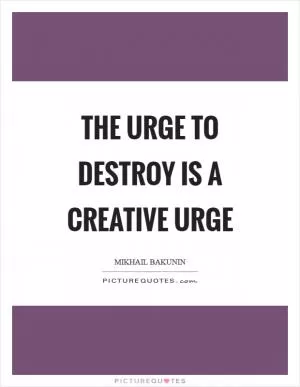
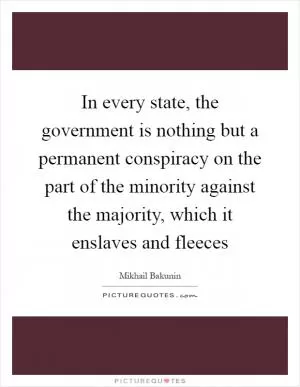
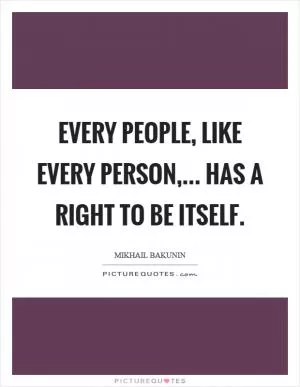
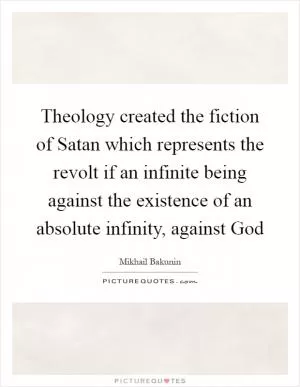
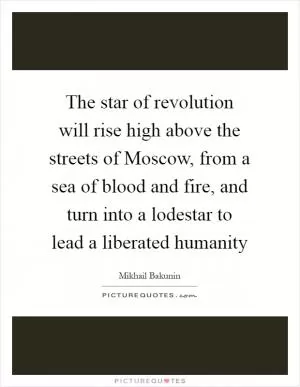
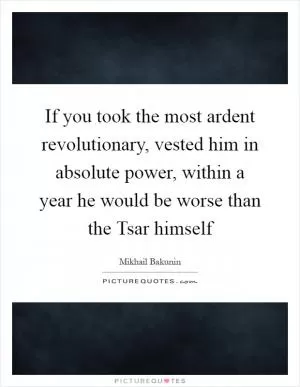

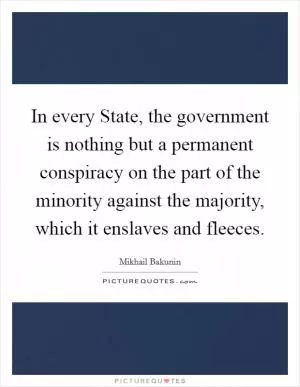

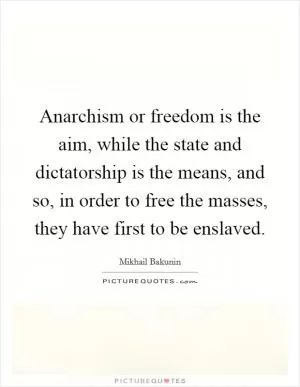
 Friendship Quotes
Friendship Quotes Love Quotes
Love Quotes Life Quotes
Life Quotes Funny Quotes
Funny Quotes Motivational Quotes
Motivational Quotes Inspirational Quotes
Inspirational Quotes